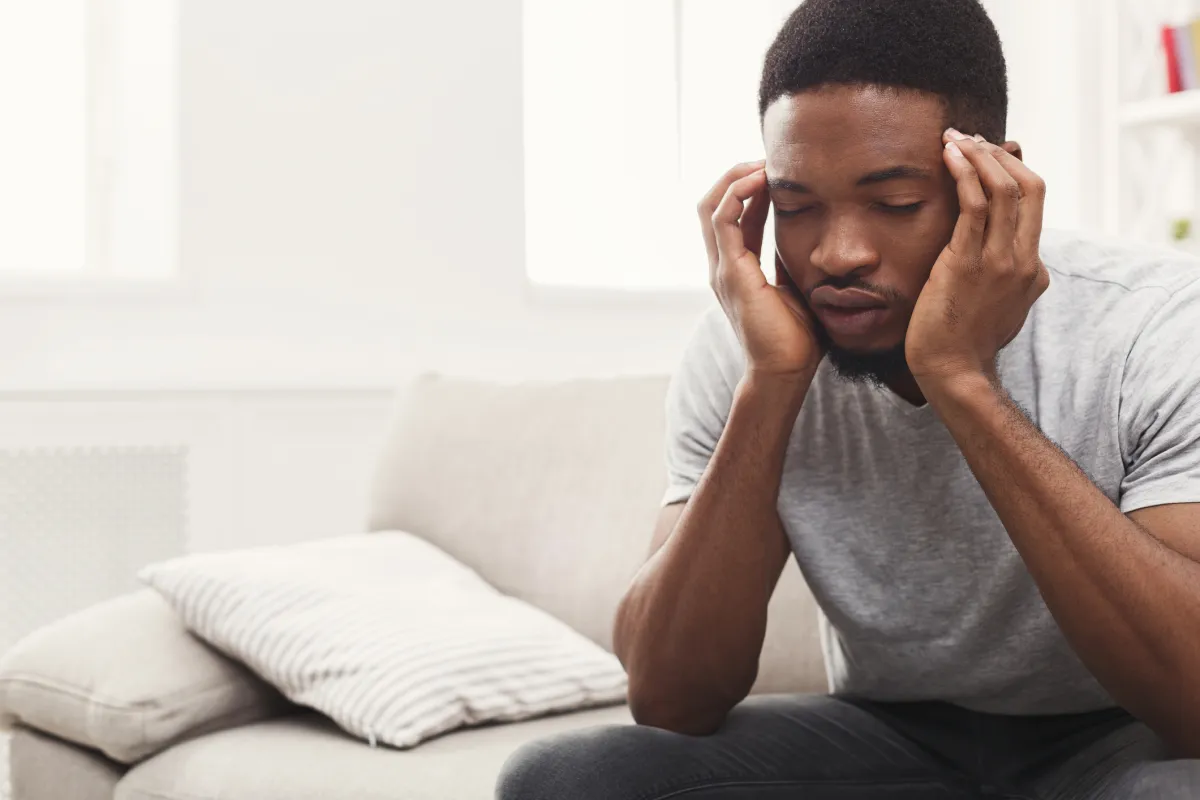We’ve all had moments of feeling dizzy.

Whether it’s motion sickness after a long car ride, feeling light-headed after being in the sun or even witnessing the room spinning after too many drinks, dizziness is a common occurrence for many.
Dr. Lisa Del Giudice, a family physician with the Sunnybrook Academic Family Health Team in Toronto, said that when she sees a patient who is dizzy, she often asks them a series of questions.
For starters, what do they actually mean by feeling dizzy?
READ MORE: Earwax can cause hearing loss over time — here’s how to prevent it
What’s causing my dizziness?
Del Giudice, who is also an assistant professor with the department of family and community medicine at the University of Toronto, added that feeling dizzy is often just a symptom of something else and that dizziness can be caused by many factors.
Often, it can be caused by an inner ear issue.
Dizziness can be a symptom of benign paroxysmal positional vertigo (BPPV). BPPV is a common cause of vertigo and makes people feel like the room is spinning.
“Basically, something is disturbing your inner ear mechanisms that tell your head where your position is in space. And that could be too much gunk in your ear from having just had a cold or post-nasal drip or allergies,” Del Giudice explained.
Other times, things get inside the inner ear via the sinuses and throat, she added, messing up the mechanisms of the inner ear.
“There’s a nerve that goes from the inner ear to the brain, and that can get inflamed… this can happen during a viral cold, this is can cause people to feel dizzy,” Del Giudice said.
READ MORE: New clinic offers more care for patients with vertigo
Meniere’s disease can also cause dizziness, she added, saying: “That’s someone who has a functional, real disease of their inner ear mechanism, and that’s often accompanied with hearing loss and ringing in the ear.”
There is no cure for the disease, and often, people are left feeling debilitated.
Dizziness can also be a symptom of several other things. This can include worrisome things like heart disease, stroke or other heart-related conditions, Del Giudice said, adding some people can get dizzy when there isn’t enough blood supply to the brain.
Other things that can cause dizziness — but that are more manageable — include low blood pressure, dehydration, being diabetic or even taking certain medications related to blood pressure.
Faz, a 45-year-old man from Mississauga, Ont., who would only share his first name with Global News, first started feeling dizziness about four years ago.
Doctors went through everything from inner ear checks to a diabetes test to an allergy test to pinpoint the direct cause.
While there is no concrete answer yet, he said this dizziness is still persistent from time to time.
Del Giudice said sometimes people with a mental health issue like anxiety can also feel dizziness during a panic attack, for example. But she said this could again be related to medication.
Sometimes, people brush off dizziness as a one-off experience, but you should talk to your doctor — especially if you suddenly pass out, Del Giudice says.
“Dizziness is a catch-all term… for true vertigo, off-balance, feeling like you’re going to pass out or your heart is beating too fast.”
More tips for people who suffer from dizziness
According to the Mayo Clinic, some forms of dizziness get better without treatment.
“Within a couple of weeks, the body usually adapts to whatever is causing it,” experts on the site noted.
“If you seek treatment, your doctor will base it on the cause of your condition and your symptoms. It may include medications and balance exercises. Even if no cause is found or if your dizziness persists, prescription drugs and other treatments may make your symptoms more manageable.”
Medications can range from water pills for Meniere’s disease to dizziness and nausea medication to types of therapy to improve head positioning and balance.
Del Giudice said sometimes exercises are recommended or even taking the gunk or debris out of one’s ear.
READ MORE: Want to clean your ears? Put down the Q-tips, doctors reminding us
Sometimes, it’s about making some lifestyle changes if you have prolonged episodes of dizziness.
Del Giudice added this could mean not driving or operating heavy machinery.
Experts at the Mayo Clinic added that fall-proofing your home, avoiding excessive consumption of caffeine, alcohol, salt and tobacco — all of which can worsen your symptoms — and using a cane for stability can also help.





Comments